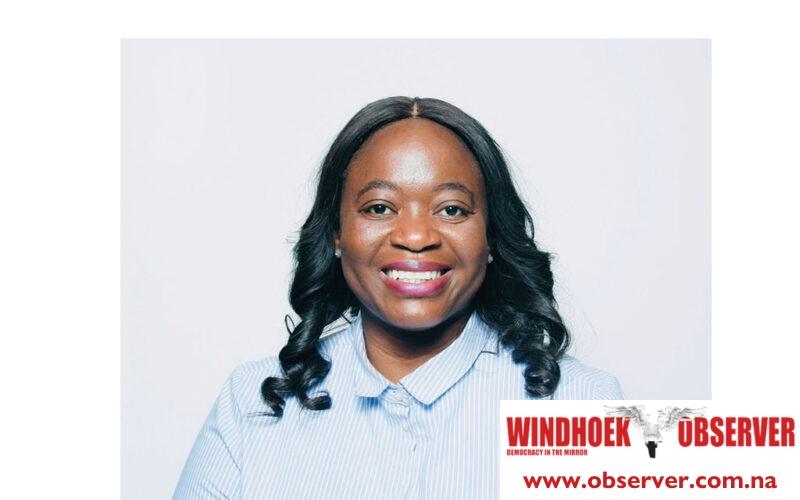Erasmus Shalihaxwe
The City of Windhoek (CoW) has denied claims that its involvement in Groot Aub is counterproductive because the city remains dedicated to ensuring the development of the settlement by providing all the basic services to the community.
The city said this in a statement issued on Wednesday while responding to an article by a local daily that highlighted issues raised by local farmers in the Groot Aub vicinity, which is part of Windhoek’s rural areas.
CoW public relations officer Lydia Amutenya said a socio-economic survey conducted by the Khomas Regional Council in 2009, and a follow-up survey by the city in 2018, revealed rapid population growth in Groot Aub from 2,716 residents in 2009 to 8,977 in 2018.
This reflects an annual growth rate of 6.7%.
The City of Windhoek acknowledged that managing a fast-growing area like Groot Aub requires a comprehensive regulatory framework addressing land tenure, zoning, and infrastructure, all aimed at enhancing residents’ quality of life.
“The Windhoek Municipal Council adopted an action plan under Resolution 80/03/2020 that addresses a range of critical areas, including office space, urban planning, property valuation, security of tenure, building plans, housing, municipal services, drilling of boreholes, aquifer protection, public awareness, and by-law enforcement,’’ explained Amutenya.
She added that the initial cost estimate for infrastructural development in Groot Aub was estimated at N$47.3 million in 2018.
This was to cover essential services such as the establishment of municipal offices, emergency services, public transport, solid waste management, water, sewer, roads, and electricity.
This is to be done in collaboration with the Khomas Regional Council and the Ministry of Urban and Rural Development.
‘’The city remains dedicated to ensuring Groot Aub’s sustainable development. Therefore, claims that the city’s involvement in Groot Aub is counterproductive misrepresents the facts and overlook the significant steps taken to promote organised and sustainable growth in the area,” she said.
Amutenya added that similar concerns have also been raised regarding farmers at Commonage Farm 3 (informally referred to as Satanslosch), which is part of Windhoek Townlands.
Commonage Farm 3, located within the old municipal boundary, is managed by a senior municipal official serving as caretaker.
She said enquiries about the farm should be directed to the Department of Housing, Property Management, and Human Settlement, Division of Property Management (Leasehold Section) for clarity or guidance.




